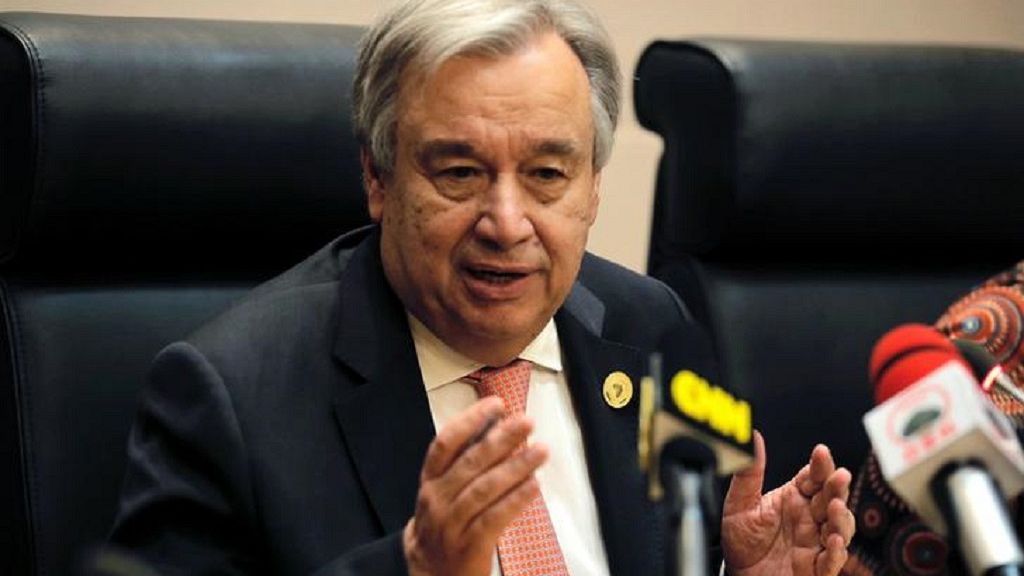
Similarly, Nigeria, which has the continent’s largest economy, remains vehemently opposed to the trade deal. So far, only twenty-two AU member-states have ratified the free-trade area, and although more are expected to join in the coming months, there is still a long way to go until the entire continent joins the trade area. That’s not to say that Africa’s broad turn toward economic liberalization will solve all of the continent’s problems, or that Africa has been completely taken over by free-trading tendencies. If all AU member-states were to ratify the AfCFTA, just one set of trade deals is needed to be negotiated with each external trade partner-rather than fifty-five individual trade agreements for each African nation. This boost in trade will add billions to the continent’s economy.Īnother benefit of the AfCFTA lies in uniting many African states under a single market, making it easier for Africa to trade with the rest of the world. This figure could then double again once the final 10 percent of tariffs on “sensitive goods” are phased out. In solid contrast to socialism’s economic ruin and oppression, the AfCFTA’s implementation will likely push intra-regional trade to skyrocket by 52 percent in just a few years. Today, just three countries have yet to sign.Īfrica’s turn toward economic liberalization spells good news for the continent because, as Professor Ayittey notes, Africa’s historic love affair with socialism led to nothing but “economic ruin, dictatorship and oppression.” Kagame’s capitalistic views are not fringe beliefs and, following the trade area’s introduction, forty-four of the fifty-five of the AU nations instantly signed the agreement to show their support. Ideologically, Kagame describes himself as an avid free-trader and a disciple of Lee Kuan Yew, the first prime minister of the free-trading nation of Singapore.

The AfCFTA, a project of the AU, was introduced in March 2018 by Paul Kagame, the President of Rwanda and (at that time) leader of the AU.

They believed “a united socialist Africa (was) necessary condition for the realization of the African personality.” The market-friendly policies championed by the AU today couldn’t be further opposed to Nkrumah and Nyerere’s socialist intentions for the original OAU. In 1963, the Organization of African Unity (OAU)-the predecessor to the African Union (AU)-was created largely thanks to Nkrumah and Julius Nyerere, the president of Tanganyika and then-Tanzania.


 0 kommentar(er)
0 kommentar(er)
